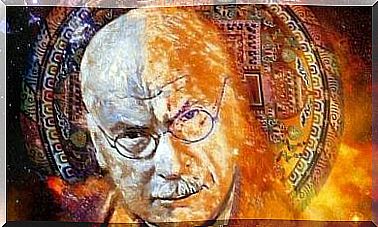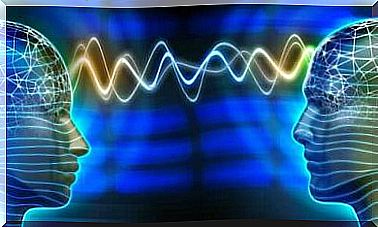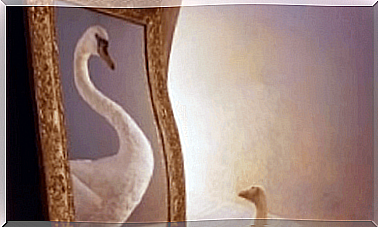Eastern Wisdom: Me And Ego
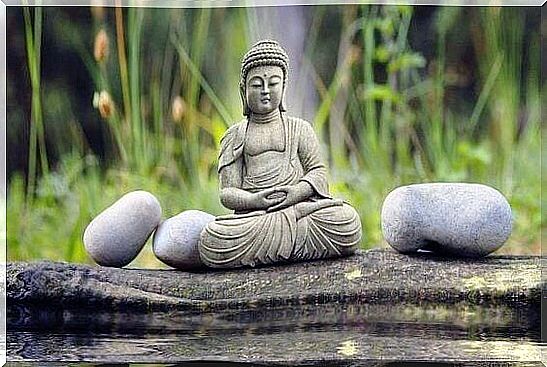
Those of the I and the ego are concepts that are part of Eastern wisdom. Among the different currents we find the so-called “psychology of self-knowledge”, in which the different levels of consciousness and the way in which they interact with each other have a great importance. By conquering these levels, the state of well-being is achieved.
Even if it is not a strictly scientific approach, the coincidence with Western knowledge is interesting. Even more so when many of these concepts, such as those of I and ego, are millennial. It is curious to note how widely they fit into what the Western world has developed as psychological schools.
The consciousness occupies pride of place both in the West and in the East. The ultimate goal is to achieve a high state of consciousness. Implicitly, the idea that ignorance is a source of errors and unhappiness is shared. Well-being, therefore, would be found through self-knowledge and its expression in consciousness. Let’s see it in more detail.
Forms and life
For the so-called “psychology of self-knowledge” , the world of forms is that of appearance. It’s about everyday life. What we see and perceive on a daily basis. The objects, places and situations that we have to face continuously. It corresponds to what in the West we call “perception”. Contact with reality through the senses.
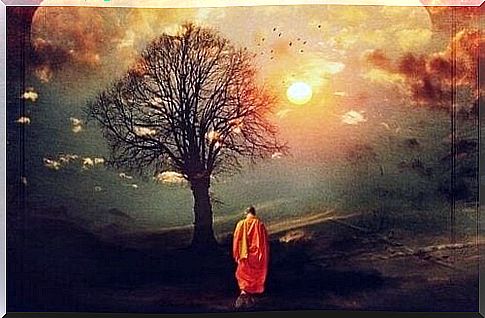
This oriental current says that our common behavior falls within this dimension. What we get used to showing of ourselves to the world. Our habits and the way we relate to others. The world of forms is deceptive, because it only allows us to see the surface. Perception in the West is also seen as a level of primary knowledge that easily leads to error.
Eastern wisdom
Ego: a gray region
According to Eastern wisdom, the ego corresponds to an area of our being in which unconscious contents are found. In particular, it is in it that very problematic aspects reside, such as complexes and phobias. It corresponds to what in the West we usually call “preconscious”. In other words, everything we intuit about ourselves, without knowing it in a conscious way.
In some Eastern philosophies, the ego is said to harbor extremely intense vibrations. These have an impact on how we perceive ourselves and how we relate to others. They affect much of our behavior. In it lives most of our fears, anxieties and susceptibility. All this is overcome only through self-knowledge.
Me: the world of the unknown
This oriental approach indicates that the ego is the deepest and most unknown region of any human being. However, there is a force of darkness and a force of light in it. All the vices and defects are in the dark zone. In the area of light are found the greatest virtues of every human being.

In the ego we find, therefore, the deepest reasons for our behavior. Defects are a force that limits our growth. They function as an imperceptible energy that leads us to act destructively or self-destructively, without knowing why or how.
On the other hand, the virtues emerge in the limit moments, constituting a proof of our greatness. The concept of ego corresponds to what in the West we know as “unconscious”.
Me and ego: conscience
Eastern wisdom states that when a harmony or coincidence is established between the ego and the ego, consciousness emerges. This is the result of self-knowledge and allows the greater values of the human being to reach fullness. It corresponds to the greatest achievement in life and, therefore, to happiness.
I and ego are the levels of consciousness in which we usually move. When they are harmonized, values such as love, sincerity, understanding, courage, humility, spirituality, fraternity and so on develop. In short, all those values that are highly constructive for themselves and for others.
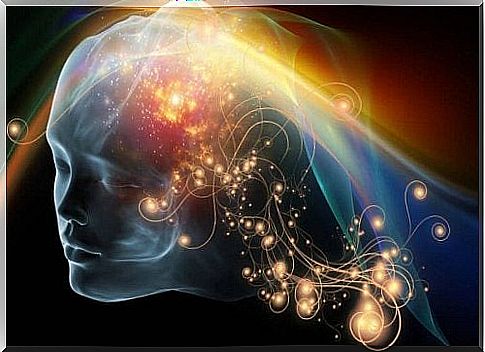
It is interesting to observe how the Orientals give great value to preconscious and unconscious wisdom, that is, to what resides in the ego and in the ego. It is not pure reason that leads to truth and well-being. Rather, it is reason applied to all that has been learned, which remains latent in those gray and dark areas that inhabit us.
To conclude, in the East great value is also given to one of the maxims founded by Western culture: “Know thyself”. Separated by great distances and dissonances over time, we are ultimately united by many aspects with similar conclusions.




